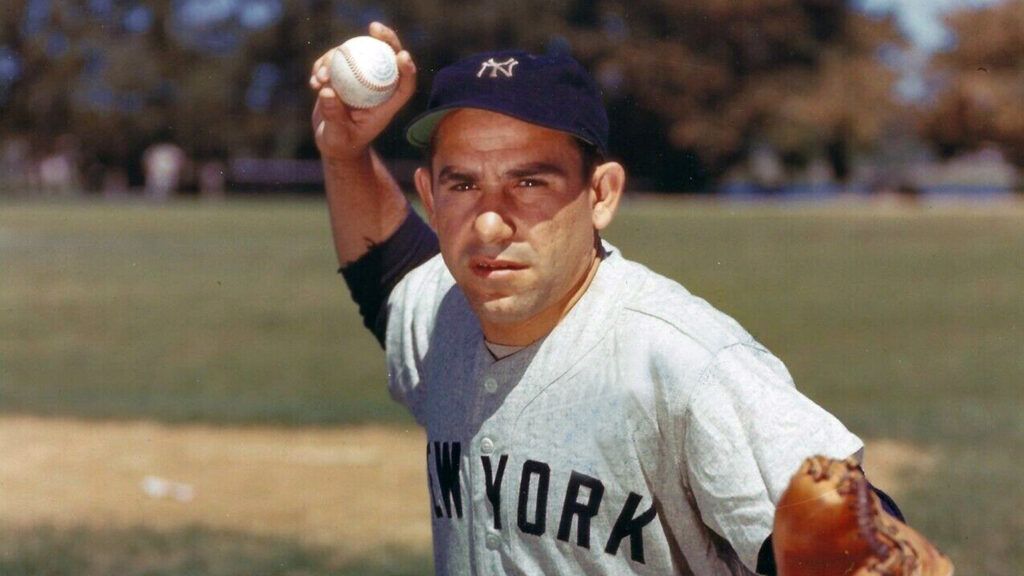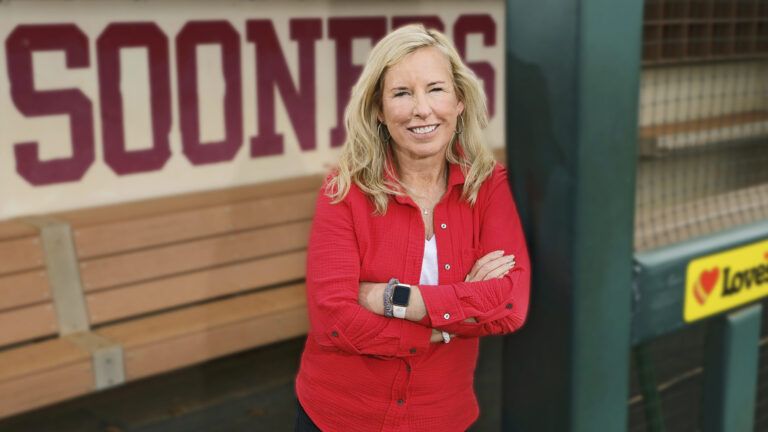Baseball is a lot like life because you never know. Sometimes things happen that don’t make a lot of sense. You can’t let it get you down. There was one situation in my career, though, that was very tough for me to handle. Too tough, almost.
In 1964, my first year as a manager with the Yankees—the team I’d spent most of my playing days with—we went to the World Series. We’d won 99 games even though we’d had a lot of injuries. When I got called into the office the day after we lost game seven to the Cardinals, I figured I was getting a contract extension. Instead I got fired.
Well, I’ve always said when you come to a fork in the road, take it. So I joined Casey Stengel, my old manager, as a coach with the fledgling New York Mets. Ten years later, the Mets let me go. It was déjà vu all over again. But that’s baseball.
ENJOYING THIS STORY? SUBCSRIBE TO GUIDEPOSTS MAGAZINE
Besides, the new Yankees owner, George Steinbrenner, said he wanted me. So I returned to the Yankees, this time as a coach. I was back with the team I loved.
George offered me the managership in 1984. Working under him was hard. I knew he was headstrong and hands-on. I’d seen his monumental battles with my old buddy Billy Martin. I’d seen his tirades. I knew he’d always be meddling with me. I’m patient, and he’s anything but. George and I just agreed different. Still, the team was like family to me.
But just 16 games into the season, in 1985, I got fired. It wasn’t George breaking his promise that I’d have the job all season that bothered me, or that it was so early in the season. I mean, no one knew better than me that most managers are hired to get fired.
What hurt was that George didn’t tell me to my face. He had somebody else do it. I felt I deserved better—especially after all that I had given to the team in my 30 years as a player, coach and manager.
I never bad-mouthed George. “What’s the use of getting angry?” I told reporters. But I was hurt. I cleaned out my locker and left, never to set foot in Yankee Stadium as long as George was in charge. That went for my family too.
For 14 years I stayed away. I played a lot of golf. Then friends started the Yogi Berra Museum and Learning Center, a nonprofit education enterprise where kids learn about sportsmanship, history, math, physics and other stuff, all tied in to baseball.
When a reporter asked how it felt to have a museum named for me, I said, “It’s great! Usually when you get one of these, you’re dead or gone.”
READ MORE: YOGI BERRA ON OVERCOMING NEGATIVITY
But George wasn’t going anywhere. It looked as though he was going to be owner of the Yankees for life. The club tried everything to get me to come back to the stadium for a visit. They put up a plaque in my honor, but I stayed away. Old Timers’ games, I stayed away.
My closest friends, ex-Yankees like Phil Rizzuto and Whitey Ford, begged me to come back. “Forget George,” they’d tell me. “You’re a Yankee. You belong here.” But I didn’t listen to them. It was a matter of principle, I said, but it was really just my stubbornness and hurt pride. I wasn’t going to forgive George.
In December 1998, Suzyn Waldman, a broadcaster for the Yankees, told my son, Dale: “I talked to George. He’s willing to come and apologize.”
I resisted, thinking, It’s just another scheme to get me back to the stadium.
The hurt was still there. “Dad,” Dale said, “if George is man enough to come see you, which wouldn’t be easy for him, don’t you think you should do the honorable thing and meet him?”
I wouldn’t budge. But then Dale said something else. “You know, it’s only out of respect for you that not one of your nine grandchildren has ever been to Yankee Stadium. It would be nice for them to go there with you one day.”
It got me thinking about the things that were really important … my family, my faith. I’d always been a devout Catholic, and St. Ambrose Church was a major part of life on The Hill, the Italian neighborhood in St. Louis where I grew up.
Back then I’d catch heck from Pop if I ever missed confession, and everyone I knew went to church every Sunday. It was so important to me that to this day I still go to church every Sunday, no matter what.
My upbringing had taught me to believe in brotherhood, redemption and forgiveness. I believe God wants us to forgive, as he forgives us. But this thing with George was really eating at me.
Finally I agreed to see him. On January 5, 1999, he flew up from Florida to meet me and my wife, Carmen, at my museum. We had a heartfelt talk. George apologized. “Yogi, firing you was the worst mistake I made in baseball.” I knew that was tough for him to admit, let alone say to my face.
“Well, I’ve made a lot of wrong mistakes too,” I said. “Fourteen years is long enough. It’s over.”
All it took was a simple handshake and 14 years. Things have been good between me and George ever since. My first time back at Yankee Stadium, there was a special day just for me. David Cone made it extra special by pitching a perfect game. Best of all, my grandchildren were there with me.
I have been back to the stadium many times since then, and I feel real welcome there. The fans, the players, everyone. It’s like family. But it only happened because George and I finally buried the hatchet. If there’s one thing I have learned it’s that if the world were perfect, it wouldn’t be. Everyone has their flaws. To forgive is divine, and that’s the only way to play ball.
For more inspiring stories, subscribe to Guideposts magazine.






